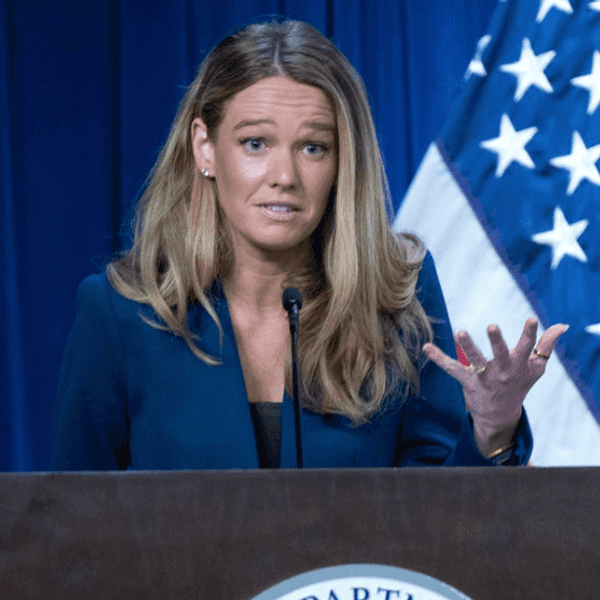How Justice Ginsburg Plans To Check Court’s Right-Wing Majority

Reprinted with permission from Alternet
When President Bill Clinton nominated Justice Ruth Bader Ginsburg for the U.S. Supreme Court in 1993, the nation’s highest judicial body wasn’t as hard-right as it is now — although President Ronald Reagan and President George H.W. Bush had clearly made the High Court more conservative than it was in the days of the late Chief Justice Earl Warren. The U.S. Supreme Court has moved more and more to the right since the Clinton years, and a January 9 article by CNN legal analyst Joan Biskupic examines Ginsburg’s influence on what is now the Court’s minority wing.
Although Ginsburg is part of the Court’s “liberal minority,” Biskupic explains, the 86-year-old Brooklyn native “has a way of steering the debate on a case.” Ginsburg “regularly asks whether the Supreme Court should even decide the legal issue before it,” Biskupic notes —and “by framing the debate in this way, Ginsburg could limit the five conservative justices from setting new precedent over the dissent of the Court’s four liberals,” according to CNN’s legal analyst.
In a January 7 interview, Ginsburg told CNN, “It’s just instinctive to me: procedure is supposed to serve the people that law exists to serve.”
A major shift occurred on the Supreme Court in 2018, when Justice Anthony Kennedy retired and was replaced by Justice Brett Kavanaugh. While Kennedy, nominated by President Ronald Reagan in 1987, was a right-wing libertarian and a fiscal conservative, he tended to side with Ginsburg on social issues like same-sex marriage and abortion — whereas Kavanaugh is a hardline social conservative along the lines of Justice Clarence Thomas and the late Justice Antonin Scalia. And with Kavanaugh now on the Court, Ginsburg has even less help when it comes to pushing back against the Court’s socially conservative justices.
“With the 2018 retirement of centrist conservative Justice Anthony Kennedy, succeeded by Brett Kavanaugh, the High Court is positioned for more conservative rulings and reversal of precedents from earlier eras,” Biskupic explains. “Over the past year, liberal justices have emphasized at arguments and in opinions the value of past milestones and stability in the law.”
In a 2013 interview, Scalia made it clear that even though he usually disagreed with Ginsburg, he respected her intellect—asserting, “She has done more to shape the law in this field than any other justice on this Court. She will take a lawyer who is making a ridiculous argument and just shake him like a dog with a bone.”
Ginsburg, during her CNN interview earlier this week, said of Scalia, “I wish he had listened to me more often.”








